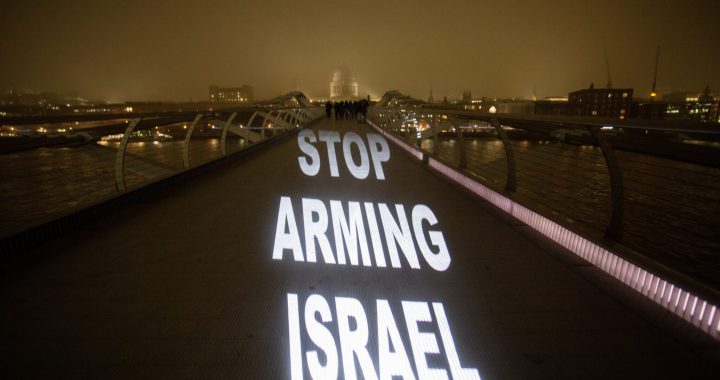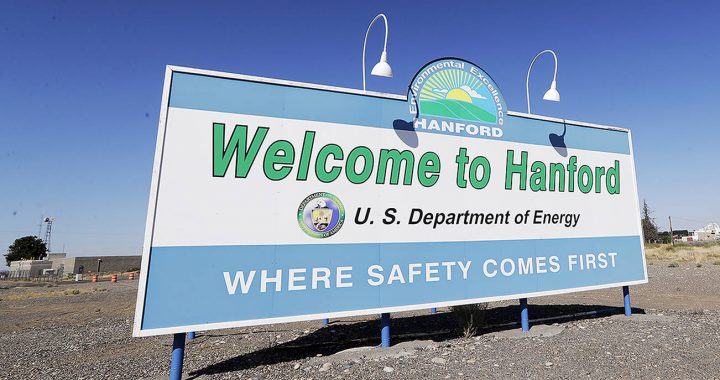Opinion by Glen Milner, originally published in the Kitsap Sun on April 6, 2020, https://www.kitsapsun.com/story/opinion/columnists/2020/04/06/your-turn-military-secrecy-undermines-pandemic-response/2955559001
In the midst of a pandemic, the Department of Defense continues to keep local communities in the dark about threats to the public. Only now the threat is not a potential risk, but involves the ongoing spread of the coronavirus on military bases and in military communities.
On March 27, Secretary of Defense Mark Esper ordered commanders at all DOD installations worldwide to stop publicly announcing new coronavirus cases among their personnel. Defense Department leaders stated that secrecy during the pandemic was necessary because adversaries could exploit such information, especially if the data showed the outbreak impacted U.S. nuclear forces or other critical units.
On March 30, DOD spokesperson, Jonathan Hoffman stated, “Unit level readiness data for key military forces is information that is classified as a risk to operational security and could jeopardize operations and/or deterrence.” On the same day the DOD acknowledged that more than 1,000 U.S. military-linked people had been sickened by the virus.
On March 31, the Association of Defense Communities sent a letter to Secretary of Defense Mark Esper citing the need for transparency. The letter stated, “…more than 70 percent of our service members live off base; our installations and military families rely on the people and services of the surrounding community. COVID-19 does not recognize fence lines [and] our response requires a ‘one community’ approach that links bases and communities to manage response and recovery.”
According to the Washington State Department of Commerce website, our state is 6th in the nation in the number of active duty military, with 69,125 military personnel and another 90,246 dependents and 19,474 reservists. The military and defense sector employs another 39,000 civilians, mostly at Joint Base Lewis McChord and Puget Sound Naval Shipyard.
A fallacy of the claimed need for secrecy is the assumption that secrecy works. Do we really think that COVID-19 infections in the military are a mystery to potential enemies who are unable to determine otherwise that this virus might affect military readiness?
More importantly, secrecy prevents the public from knowing and assessing their own risks, as with the spread of the coronavirus.
In Washington State, the military promotes the benefits of civilian-military coordination when the Navy seeks unique easements for Navy operations along Hood Canal or coordination of land use and air space around military bases. But this coordination is notably lacking when the DOD is asked and refuses to reveal internal risks and cooperate with the public to alleviate military-related threats to the public.
We are in the state of a national emergency. This is a crisis like no other.
Military leaders at local bases must work to build joint base-community response structures that can help develop local strategies to promote public health and safety and explore measures to recover from this crisis.
Glen Milner is an activist and a researcher with the Ground Zero Center for Nonviolent Action in Poulsbo, Washington.




